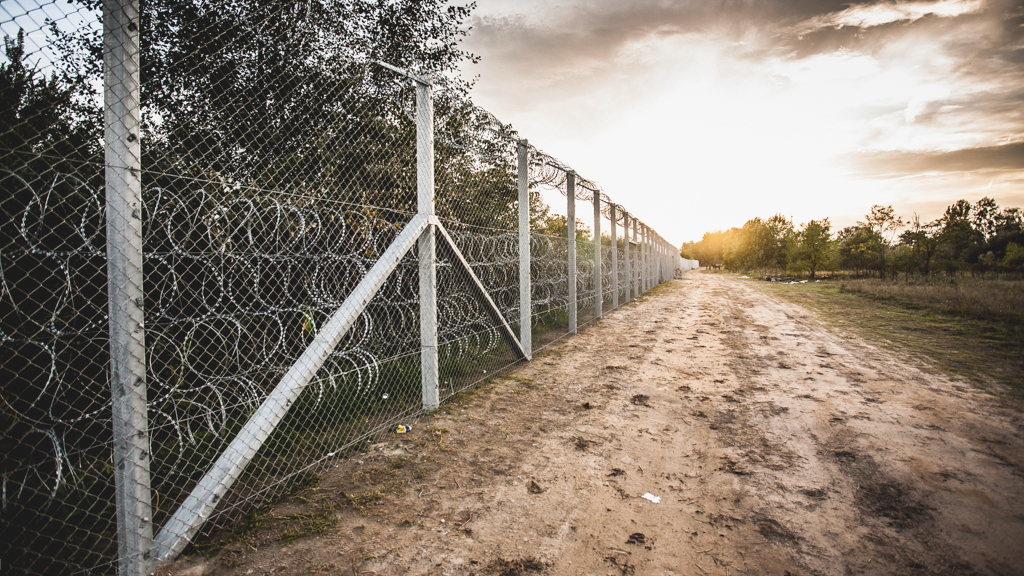IndoAssassin
Banned
We're not in the darkest timeline so to speak, at least China is taking it seriously. India and USA are the biggest obstacles from a global perspective.
That's one helluva swamp to drain
You do know that India is currently building the largest solar array in the world.

